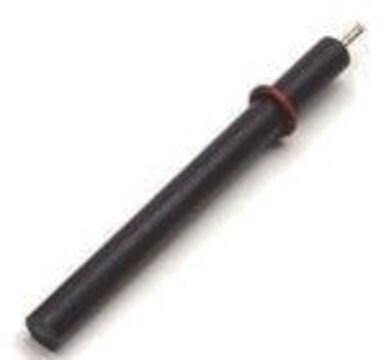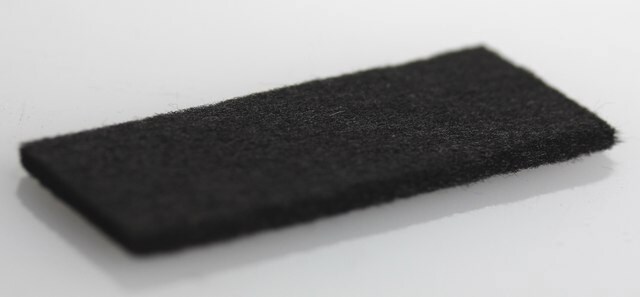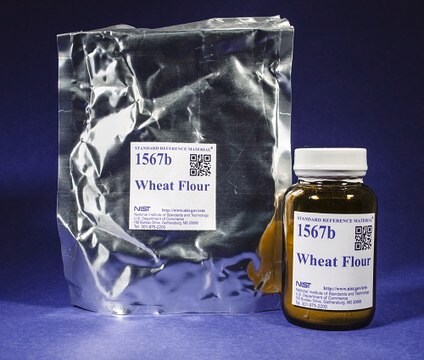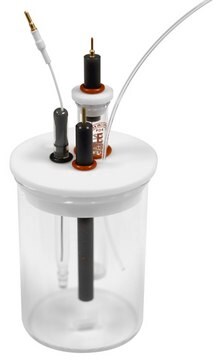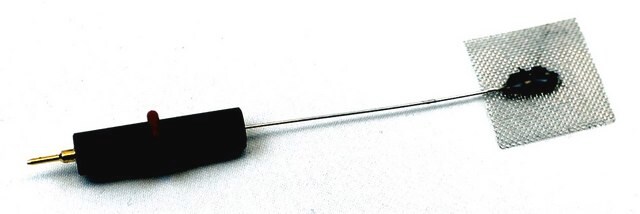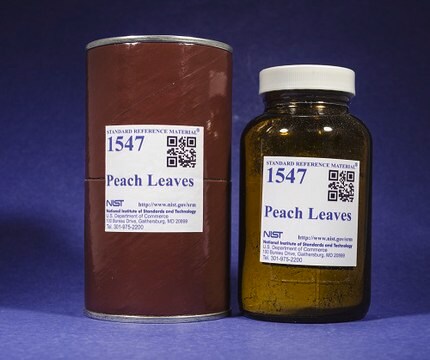GF43814527
Carbon - Vitreous
foil, 8mm disks, thickness 1.0mm, glassy carbon
Synonym(s):
Carbon - Vitreous, VC000503
Sign Into View Organizational & Contract Pricing
All Photos(1)
About This Item
Recommended Products
form
foil
manufacturer/tradename
Goodfellow 438-145-27
diam. × thickness
2 m × 1.0 mm
InChI
1S/C
InChI key
OKTJSMMVPCPJKN-UHFFFAOYSA-N
Related Categories
General description
For updated SDS information please visit www.goodfellow.com.
Legal Information
Product of Goodfellow
Storage Class Code
13 - Non Combustible Solids
WGK
nwg
Flash Point(F)
Not applicable
Flash Point(C)
Not applicable
Certificates of Analysis (COA)
Search for Certificates of Analysis (COA) by entering the products Lot/Batch Number. Lot and Batch Numbers can be found on a product’s label following the words ‘Lot’ or ‘Batch’.
Already Own This Product?
Find documentation for the products that you have recently purchased in the Document Library.
Antoine P Pagé et al.
PloS one, 10(7), e0132062-e0132062 (2015-07-15)
The objectives of this study were to uncover Salix purpurea-microbe xenobiotic degradation systems that could be harnessed in rhizoremediation, and to identify microorganisms that are likely involved in these partnerships. To do so, we tested S. purpurea's ability to stimulate
Catharina Vendl et al.
The Journal of experimental biology, 218(Pt 21), 3425-3434 (2015-11-06)
Fundamental differences in methane (CH4) production between macropods (kangaroos) and ruminants have been suggested and linked to differences in the composition of the forestomach microbiome. Using six western grey kangaroos (Macropus fuliginosus) and four red kangaroos (Macropus rufus), we measured
Svenja T Lohner et al.
The ISME journal, 8(8), 1673-1681 (2014-05-23)
Direct, shuttle-free uptake of extracellular, cathode-derived electrons has been postulated as a novel mechanism of electron metabolism in some prokaryotes that may also be involved in syntrophic electron transport between two microorganisms. Experimental proof for direct uptake of cathodic electrons
A Romero-Perez et al.
Journal of animal science, 93(4), 1780-1791 (2015-05-29)
The objective was to evaluate whether long-term addition of 3-nitrooxypropanol (NOP) to a beef cattle diet results in a sustained reduction in enteric CH4 emissions in beef cattle. Eight ruminally cannulated heifers (637 ± 16.2 kg BW) were used in
Sai Zhang et al.
Journal of biomaterials applications, 29(10), 1394-1406 (2015-01-17)
Nano/micro engineered polymeric materials offer expansive scope of biomimetic scaffolds for bone tissue engineering especially those involving electrospun biodegradable nanofibers incorporated with inorganic nanoparticles, thus mimicking the extracellular matrix of bone both structurally and chemically. For the first time, poly-3-hydroxybutyrate-co-3-hydroxyvalerate
Our team of scientists has experience in all areas of research including Life Science, Material Science, Chemical Synthesis, Chromatography, Analytical and many others.
Contact Technical Service